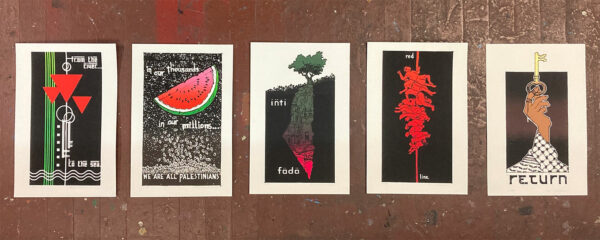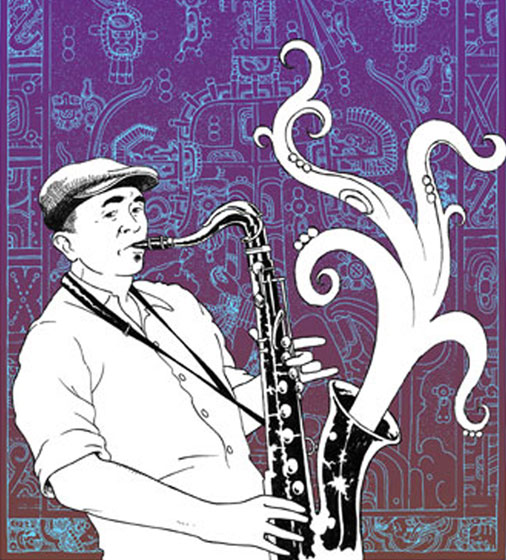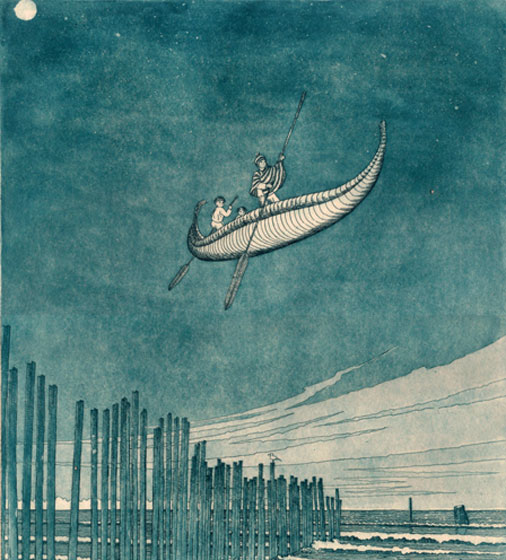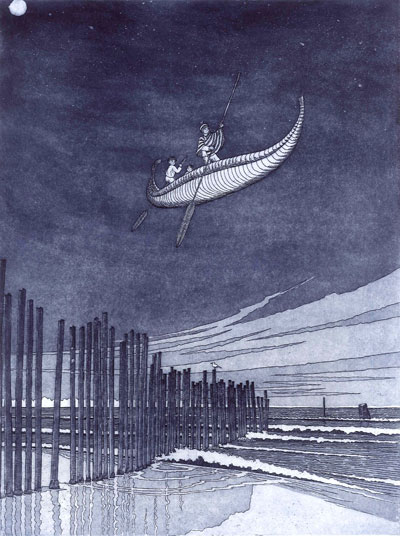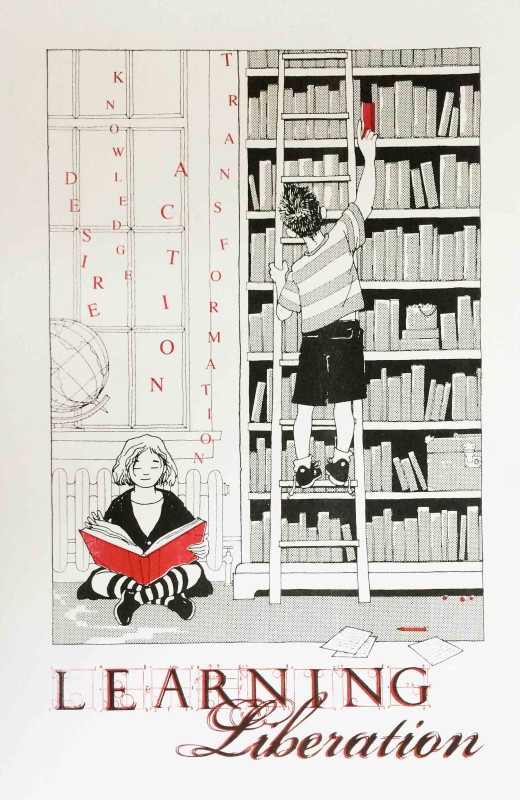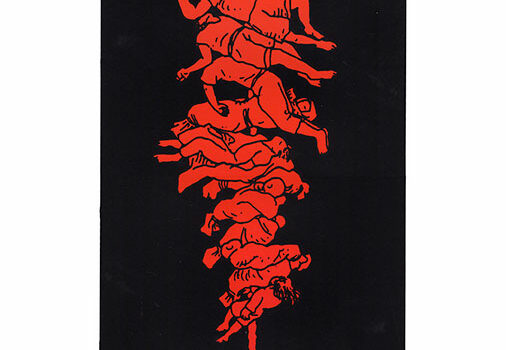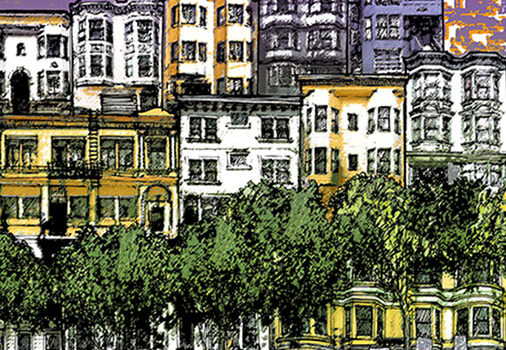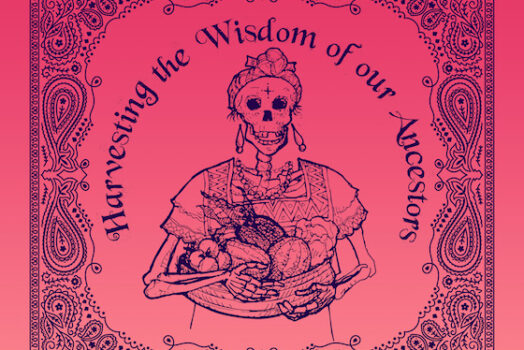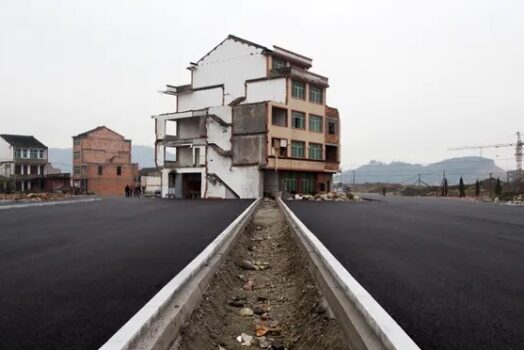In the Nakba of 1948 more than half of the existing population of Palestine was displaced, and subsequently denied the right to return, by the Israeli occupation. In a beautiful interview with a family who still holds the key to their ancestral home, Robert Fisk writes: “Keys must always be the symbol of the Palestinian “Nakba” – the “disaster” – the final, fateful, terrible last turning in the lock of those front doors as 750,000 Arab men, women and children fled or were thrown out of their homes in what was to become the state of Israel in 1947 and 1948. Just for a few days, mind you, for most of them were convinced – or thought they knew – that they would return after a week or two and re-open those front doors and walk back into the houses many had owned for generations…” In my housing work in San Francisco, the “right to return” is considered a central tenet of housing justice. May all who wish, return. The right of return is the principle that Palestinian refugees and their descendants (about 5 million people today), have a right to return and a right to the property that they or their forebears were forced to leave during the 1948 Nakba and the 1967 Six-Day War. The right of return is a basic human right, whose applicability, both generally and specifically to Palestinian people, should be protected under international law.
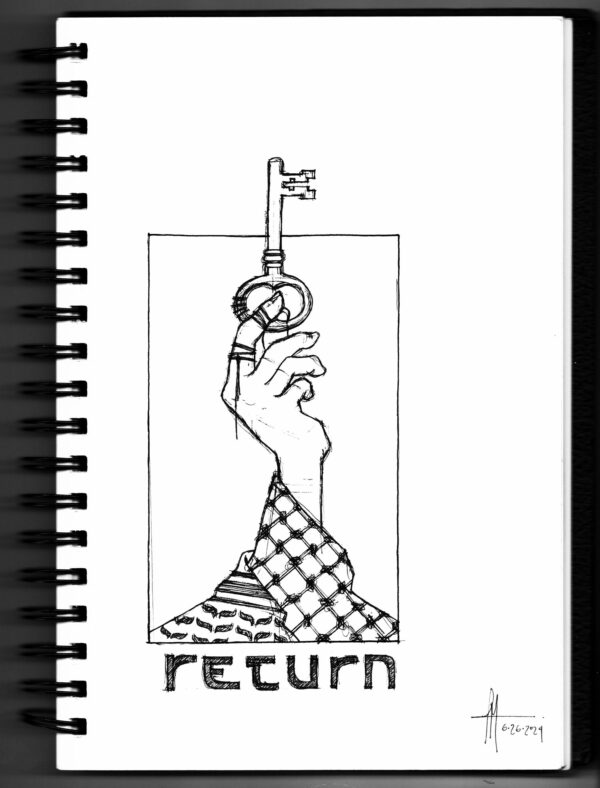
This print was part of series of five posters produced in the summer of 2024. Proceeds from the sale of this series will go to AROC, the Arab Resource and Organizing Center, and for Lamea Abuelrous, owner of one of my usual hangouts, Temo's Café in the Mission District, to support members of her family in West Gaza so that they can relocate to safety and receive medical care. Additional donations for the Abuelrous family can be made here: https://www.gofundme.com/f/help-gaza-family-access-medical-aid-secure-safe-departure.
